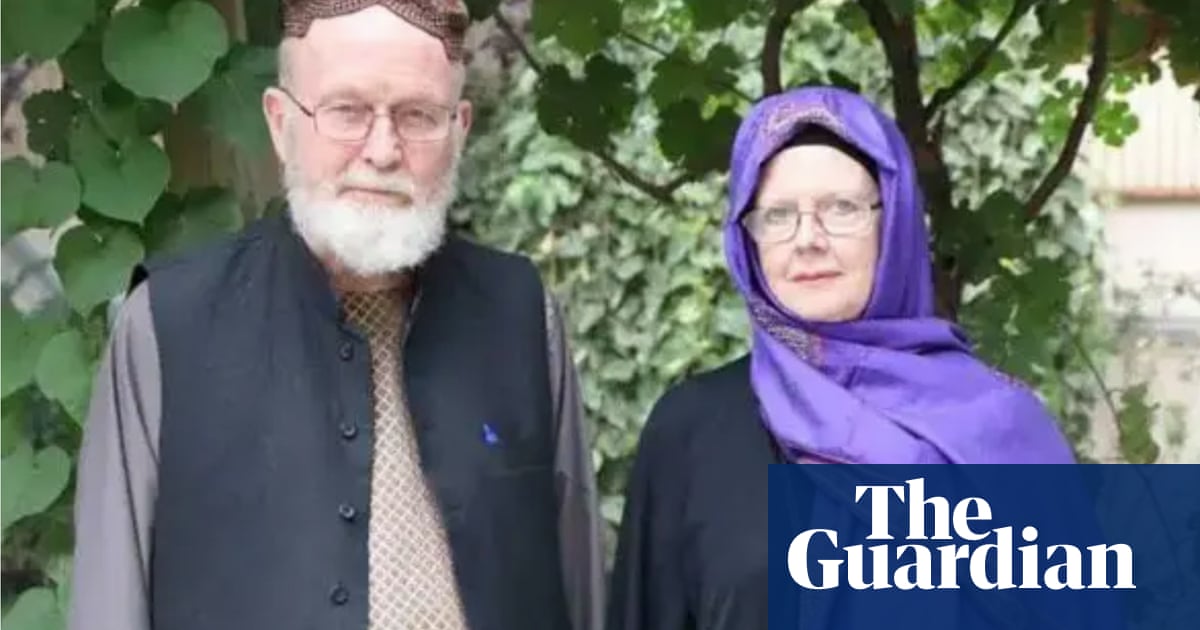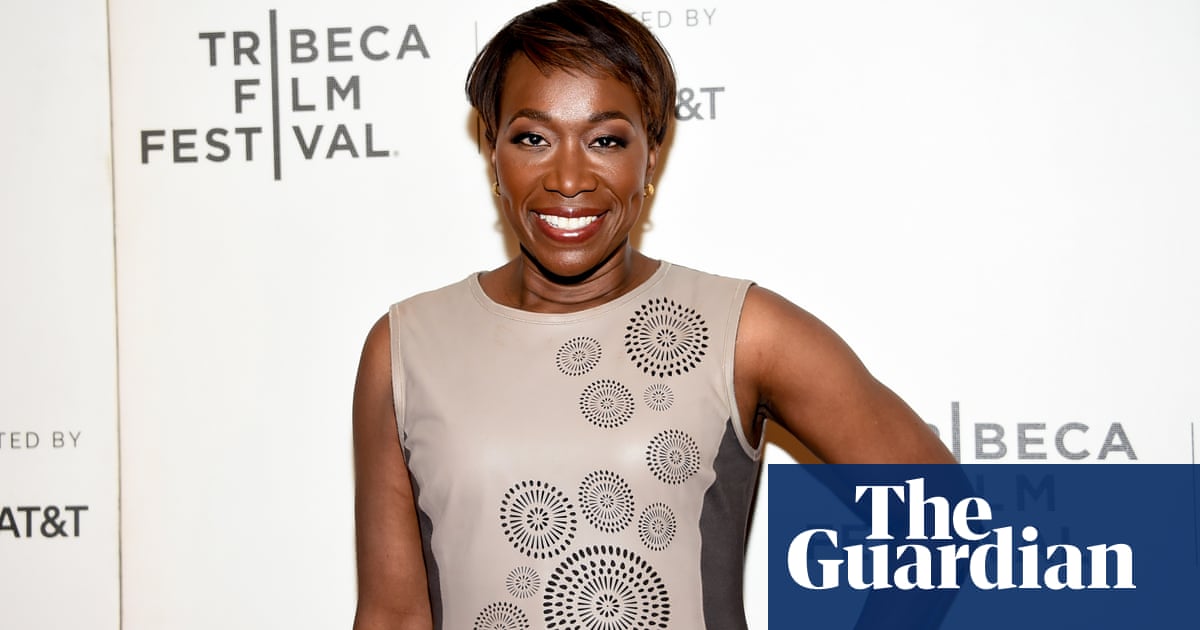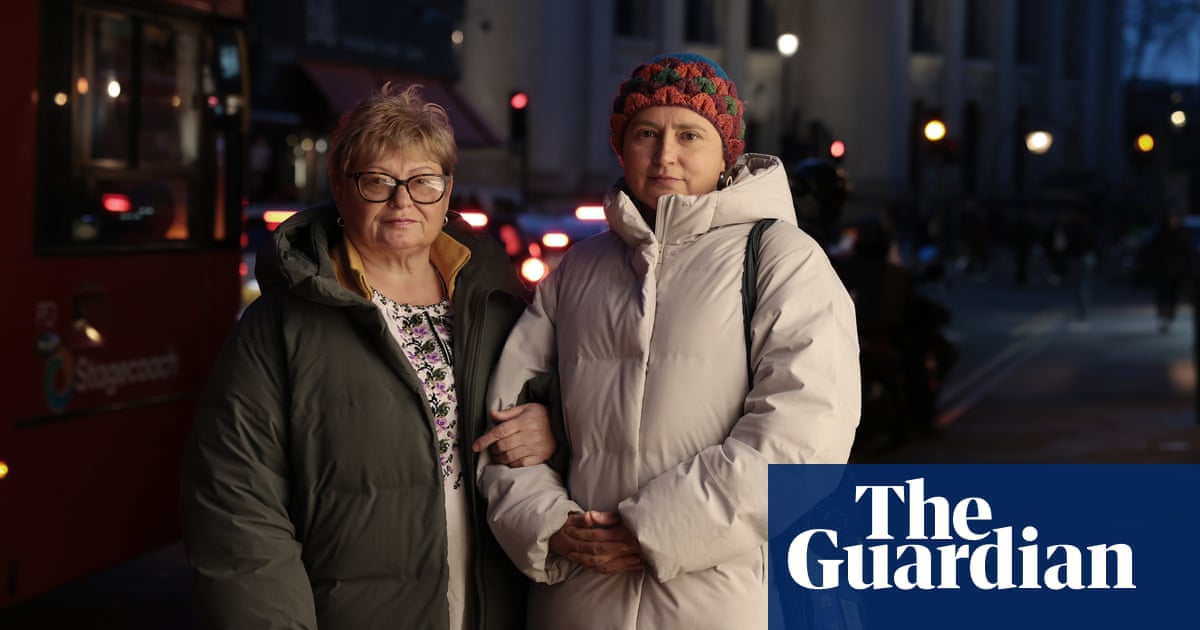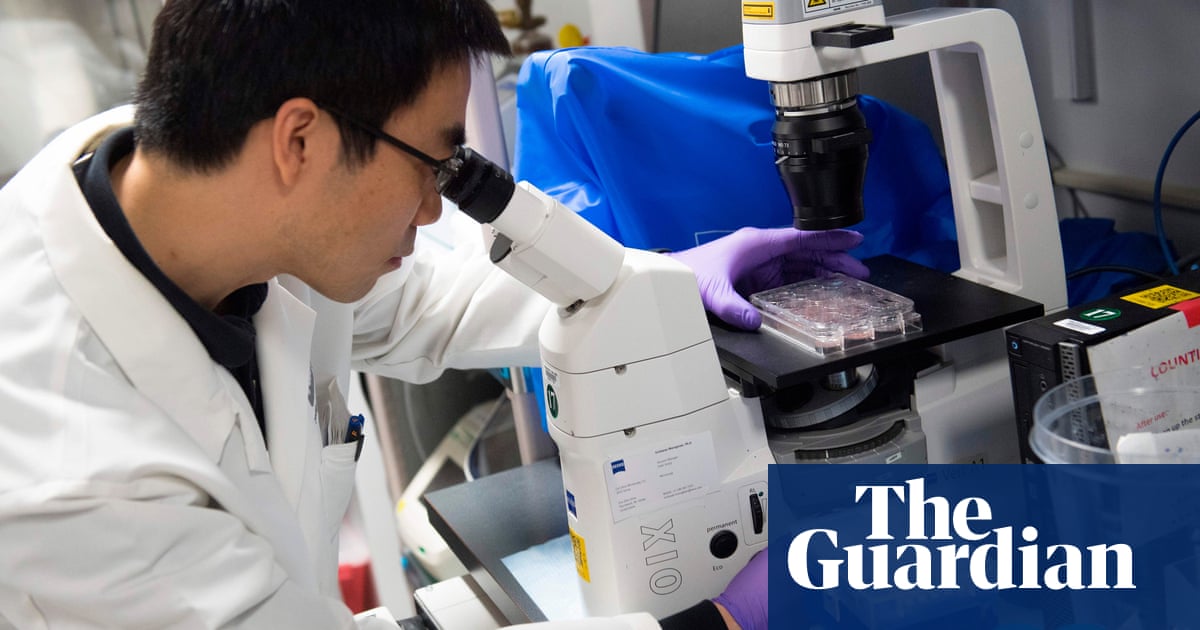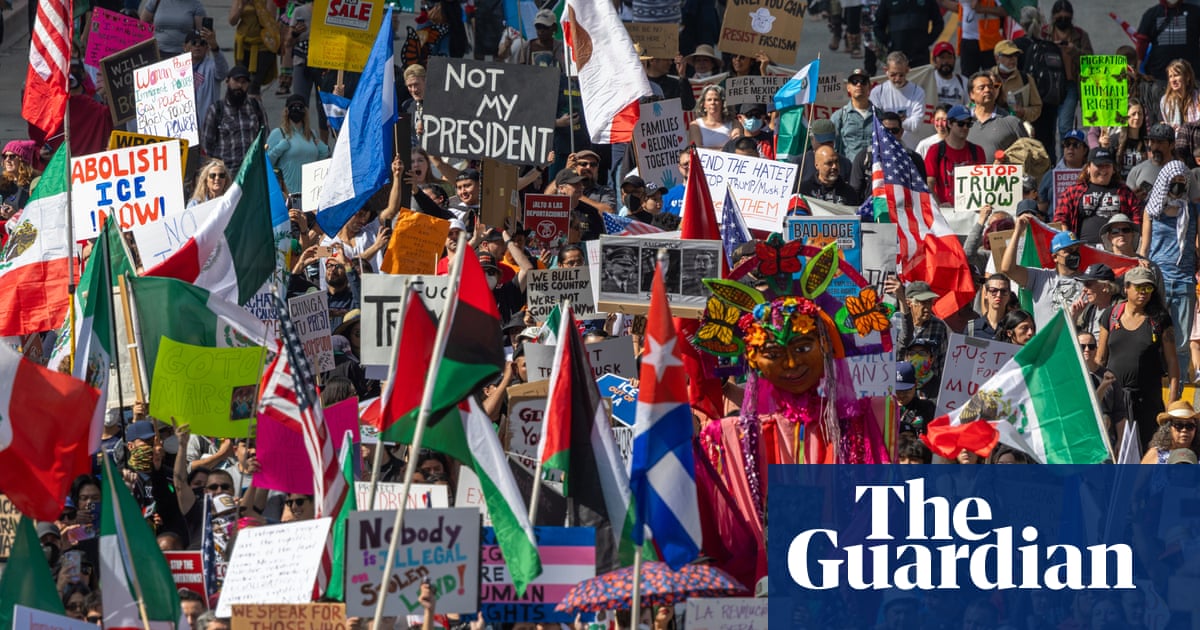If you are familiar with the pangs of parental guilt, then you can relate to owning a farm. Take that gut-wrenching, often irrational feeling, amplify it, and welcome to being a farmer. From the moment you’re born into a family farm, there’s a weight of expectation on you to look after it, to put it before yourself, to uphold your family’s pride. All farm kids know they don’t open presents on Christmas morning until the animals are fed, that parents miss special occasions because cows are calving, and that hopes of a foreign holiday are almost nil, at least on a livestock farm such as mine.
Owning a farm is like playing a game of pass the parcel with a valuable gift, but the one who unwraps the present is very much the loser of the bunch. From an early age, it’s drilled into you that the farm, the land and its legacy are things you carry and pass on to your children. We don’t see the farms we inhabit as truly ours: they’re generational assets that produce food for the masses. That is why farmers are putting up a huge fight against the government’s new inheritance tax changes. It’s hard not to feel as though this policy is a land grab by ministers who have no idea about how farming works.
Farmers want empathy and recognition for the public goods we provide and care for: food, the environment and rural communities. So last Tuesday, when I stood on stage in front of more than 10,000 other farmers in Westminster and spoke of my own family’s struggles, both financial and emotional, I hope it helped those who don’t work in agriculture to appreciate the weight that we carry on our shoulders. Farming isn’t what we do, it’s who we are. Our self-worth and mental health are tied to our ability to pass on our farms to the next generation. We feel huge pride at being food producers and nourishing the country. And we want – dare I say it – to feel as though the government respects us.
I spoke of my struggles to buy school shoes last harvest time, because the tractor had broken down and landed us with a surprise £7,000 bill. I spoke about how the harvest was a third of what it should have been due to the extreme weather last spring, and how I’d lost so many lambs in the spring floods I had nothing left to sell. I felt such a failure as a mother, yet none of those things were really in my control. The farm and our personal lives are so tightly intertwined that when one falters, the other does, too. I hope my experience helped people to see the human side of family farms, and the reality of living on a low income. I have very little money, but I also feel a sense of deep fulfilment and meaning, and am doing a job I love.
I represent a truly average family farm. Our farm in County Durham encompasses 300 acres of wet, sad land, with a damp drafty farmhouse and a massive overdraft. I don’t have enough money to pay a big inheritance bill, partly because I’m a sole owner (as a working woman, I feel strongly that my assets are not up for the lottery of divorce). This means I get taxed more than a couple would, since I won’t be able to claim the same amount of relief. “Unfair” doesn’t begin to describe how I feel about this situation.
But farmers didn’t march on London only for inheritance tax. This policy was more like the last straw. Farmers’ incomes and standard of living have been falling rapidly since Brexit. We’re paid the same now for a tonne of wheat as we were 10 years ago. Crop yields have been devastated by flooding and climate breakdown over the past three winters. The last government failed to implement the new environmental subsidy schemes before stopping the old direct payments. Now we’re faced with a fertiliser tax running into the thousands every year, yet food from abroad using the same fertilisers doesn’t get taxed at all. How much more can we take?
Don’t get me wrong: the government should be taxing wealthy landowners. But there’s a huge difference between working people who never want to sell their farms, and a cash rich non-farmer looking for a hideaway for their profits. On paper, my land is worth about £3.5m. But I’ll never see that cash unless I fail miserably at the only job I want to do, and the only job I’ve ever trained for. This is also the job that the country really needs me to do: as a highly skilled food producer with decades of experience, I can’t easily be replaced. Instead, I want to invest in my farm, and for my farming business to grow and thrive. I want fairness. And I want to be able to afford school shoes.
Across five generations, for 139 years, or about 50,735 days, through world wars, family tragedies and a pandemic, my family turned up every single day and produced food to feed this country. And we would, if left alone, carry that on for generations to come. Is that not something we should be fighting to protect?
-
Clare Wise is a farmer based in County Durham

 2 months ago
60
2 months ago
60








